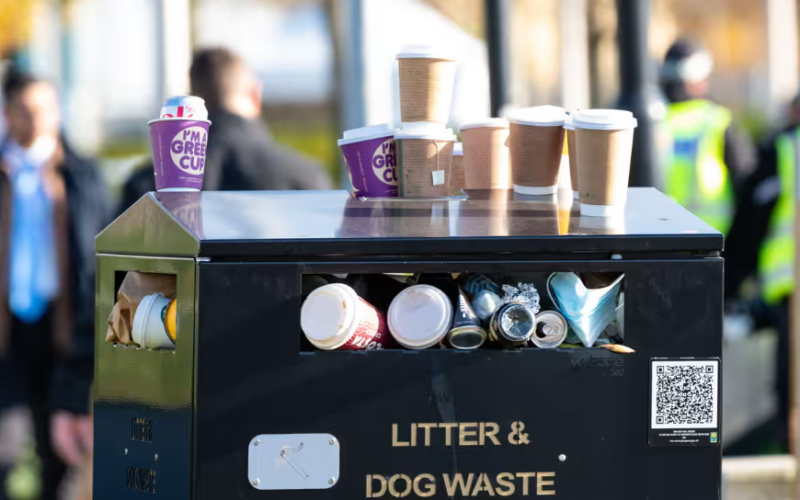In a decisive move to address concerns surrounding environmental claims in advertising, the UK advertising watchdog has announced a crackdown on assertions of products being ‘biodegradable’ and ‘recyclable.’ The initiative reflects a growing need for transparency and accuracy in eco-friendly marketing, as consumers increasingly seek sustainable options and demand greater accountability from manufacturers and advertisers.
The crackdown comes in response to a surge in greenwashing – a practice where companies exaggerate or misrepresent their environmental efforts – which has become a prevalent concern in the wake of heightened environmental consciousness. The UK’s advertising watchdog aims to curb misleading claims that may contribute to consumer confusion and ensure that businesses accurately communicate the environmental attributes of their products.
The use of terms like ‘biodegradable’ and ‘recyclable’ has become widespread in marketing, with companies leveraging these labels to appeal to environmentally conscious consumers. However, the lack of standardized definitions and clear guidelines has led to a proliferation of ambiguous and potentially misleading claims. The advertising watchdog’s intervention seeks to establish a more rigorous framework for such assertions, holding advertisers accountable for the accuracy of their environmental messaging.
Under the new guidelines, companies making claims about the biodegradability or recyclability of their products will be subject to heightened scrutiny. Advertisers will be required to provide robust evidence to substantiate their claims, ensuring that the advertised environmental benefits align with established standards. Failure to meet these standards could result in sanctions and the withdrawal of misleading advertisements.
The move aligns with broader efforts globally to address the environmental impact of consumer products and promote responsible advertising practices. Regulators recognize the pivotal role of accurate information in empowering consumers to make informed choices that align with their sustainability goals.








